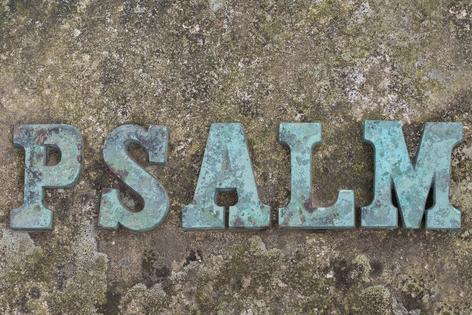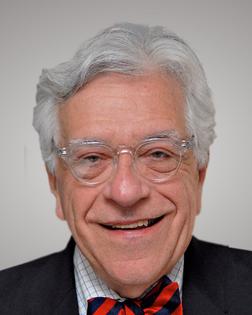The God Squad: Another short Psalm for summer study: Psalm 93 (and 121) (KJV)
I hope my favorite Bible study group at the Good Shepherd Lutheran Church in Harrisburg, Pennsylvania, is keeping up with my God Squad Psalms course. We have already studied Psalm 23, 131, 115, 117, and 133. Today we take up Psalm 93:
1 The Lord reigneth, he is clothed with majesty; the Lord is clothed with strength, wherewith he hath girded himself: the world also is stablished, that it cannot be moved.
2 Thy throne is established of old: thou art from everlasting.
3 The floods have lifted up, O Lord, the floods have lifted up their voice; the floods lift up their waves.
4 The Lord on high is mightier than the noise of many waters, yea, than the mighty waves of the sea.
5 Thy testimonies are very sure: holiness becometh thine house, O Lord, for ever.
Yes, the King James English translation of the Bible is still my second favorite version of the Psalms after, of course, the original Hebrew. It is 400 years old and some of its language is a bit frilly for the modern ear. For example, “holiness becometh thine house” rather than “your house is holy” and “the world also is stablished” instead of “the world is established.” I think a special vocabulary is necessary for the world’s most special book.
I understand that the KJV was “stablished” before gender neutral language became an accepted antidote to the theologically questionable language that depicts God as a male deity. I agree with gender neutrality, but once we all agree that God is not an old guy with a beard floating on a cloud we can then take a breath and admire the elegiac beauty of English crafted at its most flowing and flowering period.
Other psalms are about God’s love, guidance, and salvation but not this one. Psalm 93 is about God’s power. The psalmist uses a comparison to help us appreciate the incommensurability of God’s power. The most awesome display of nature’s power is the sea with its thunderous waves and God is more powerful than even the most powerful storm. In verse 4, “The Lord on high is mightier than the noise of many waters, yea, than the mighty waves of the sea.” God is stronger than the many waters because God created the many waters. God is stronger than all of nature because the laws of nature are themselves a creation of God.
The belief that God is more powerful than any natural force leads to the single most revolutionary and enduring biblical belief: God is not nature, because nature is a creation of God. This belief makes nature worship idolatrous. Idolatry is the worship of the creation and not the Creator. Nature points to God, but nature is not God. Our footprints point to us, but they are not us.
Psalm 93 then makes another theological turn. The belief that God is the creator of nature leads to the belief that God is also the creator of the moral law. Just as we can have trust in God’s overlordship of the natural world, so too we can have trust that the laws that come from such a God are trustworthy laws.
It makes sense that the moral law would come from God and not nature because nature has no moral law. The strong eat the weak. That is nature’s law. The strong help the weak. That is the moral law, and that law must come from a place outside of nature. That place is the wisdom and love of God. We seek God for true power and we seek God for true moral guidance. Verse 5 ends the psalm, “Thy testimonies are very sure: holiness becometh thine house, O Lord, forever.” The word for holy in Hebrew is kadosh and it means something set apart. God is set apart from the world God created, but by making us in God’s image God can be close to each of us. God’s ultimate power is the power of holiness in nature and in our souls.
This belief about the relationship of God and nature is set forth in another short psalm, Psalm 121 which famously begins, “I will lift up mine eyes unto the hills, from whence cometh my help. My help cometh from the Lord, which made heaven and earth.” Both the mountains and the roaring sea awe us with their natural power but they are all just minor creations of the Lord of the Universe.
Let us learn:
Why do you think that so many people find it easy to feel God in nature but hard to find God in our dealings with other people?
What example of nature’s power was the most inspiring or terrifying you have ever experienced?
(Send ALL QUESTIONS AND COMMENTS to The God Squad via email at godsquadquestion@aol.com. Rabbi Gellman is the author of several books, including “Religion for Dummies,” co-written with Fr. Tom Hartman.)
©2021 The God Squad. Distributed by Tribune Content Agency, LLC.
(c) 2021 THE GOD SQUAD DISTRIBUTED BY TRIBUNE MEDIA SERVICES, INC.










